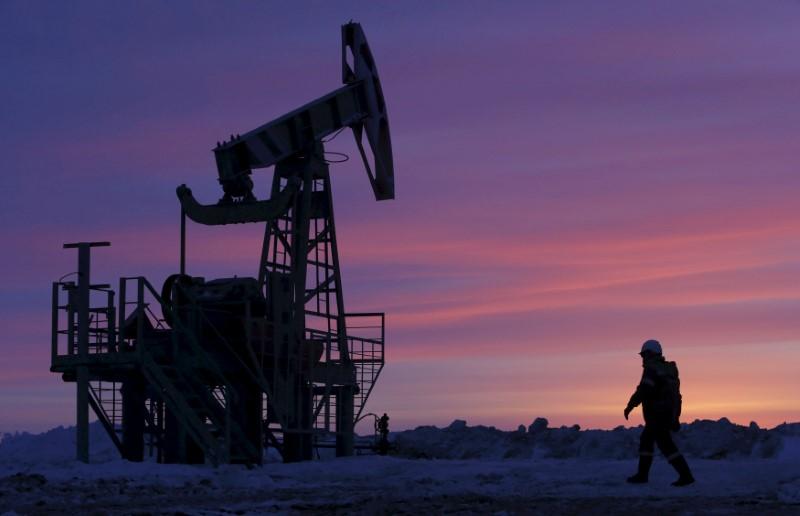
When plugged into power, the box starts to speak and sing to everyone’s amazement, and children and elders of the house gathered around it, watching the box with great astonishment.
At the same time, the radio speaks that Britain has declared a war and this war, which was the World War II – engulfed the entire world and ended with the dropping of atomic bombs on Hiroshima and Nagasaki in Japan.
It was a war for economic gains and expansionism and economic interests as in those days it was said “The Sun never sets over the British Empire”.
The British were quite wealthy with the wealth extracted from the colonies that they ruled. History may assert that although the arch-enemy was Germany and Hitler, the bombs were dropped over Japan as all Germans perhaps being Caucasians and the Japanese being Yellow Skins.
This was about the same time when the Congress, in its meeting in Bombay, declined to accept a separate legislation for the Muslims of India that led to the announcement by the Quaid-e-Azam for a separate state for the Muslims. Denying the legislation was a step by the majority Hindus to gain total hegemony over the Muslims in terms of economics, wealth and natural resources.
Regional situation
With the recent killing of General Soleimani in Iraq, a fresh skirmish has started in the region and it is to be seen why this drastic action is taken now and why not before? What could be its impact in the region and the reason for this action by the United States?
For every action, individual or collective, by a country or countries, there is always a motive behind it and this motive is basically economics and to gain power for economic gains.
This writer affirms that there is nothing in this world that can match the value of a single human life, what to say of many, as against material. A region with natural resources is a curse for its inhabitants and its indigenous population eg Afghanistan, Democratic Republic of the Congo, etc. World leaders are architects of the world and an architect’s first responsibility is towards the people, any people anywhere in the world.
Going back into history, it could be seen that the US was reluctant to confront in a direct war with the Soviet Union as both were nuclear powers. The US drained the economy of the Soviet Union and the country collapsed.
The US even went to the extent of deploying a double agent who sold blueprints at exorbitant sums of the Regan’s space wars and of the experiments that were tried and had already failed. The Soviets spent billions to learn the lesson the hard way by experimenting with these blueprints.
This is one example whereas many other ways must have taken place in this context that led to the fall of the Soviet Union.
The basis of all wars is economics and economic interests. Considering the recent development where many quarters feel that it will trigger World War III but Iran will not be so foolish to start an all-out war considering its own internal problems and economic situation.
But reactions and fallout from this will be felt and can happen, the first being a bearish trend seen in the international markets and Pakistan’s stock market was no exception that immediately lost around 400 points after the Soleimani incident. As seen after every earthquake, there are aftershocks. Such aftershocks of the incident can engulf the region.
As can be seen, oil prices have remained depressed being close to $60 per barrel. As per a World Bank and IMF report, if oil prices remain depressed below $50, Saudi Arabia will go into bankruptcy within three to four years.
Furthermore, the Saudis have signed a deal for the supply of arms worth $360 billion. If the Saudi economy goes bankrupt, from where will they pay this liability? Also, if at any point in time, tensions ease between Iran and the US, although which looks unlikely at this stage, Iranian crude will be dumped in the international markets and oil prices may fall below $40 per barrel. Therefore, an early settlement with Iran is a very far cry.
Impact on Pakistan
The increase in oil prices can drastically affect Pakistan with the rupee standing devalued. Higher oil prices mean increase in transport costs and power tariffs that have an impact on all the consumable goods, the cost of living and the industrial base.
The major power consumer is the industrial base and while industrial units are seen closing down, there will be more power available than consumed, leading to an increase in the circular debt.
Luckily, Pakistan is advocating neutrality in the fight between the two countries at this stage, but this may not be possible in the long run. Pakistan may again be told as earlier, “Either you are with us or against us.”
The writer is former deputy managing director of Saindak Copper and Gold Project
Published in The Express Tribune, January 27th, 2020.
Like Business on Facebook, follow @TribuneBiz on Twitter to stay informed and join in the conversation.

















COMMENTS
Comments are moderated and generally will be posted if they are on-topic and not abusive.
For more information, please see our Comments FAQ